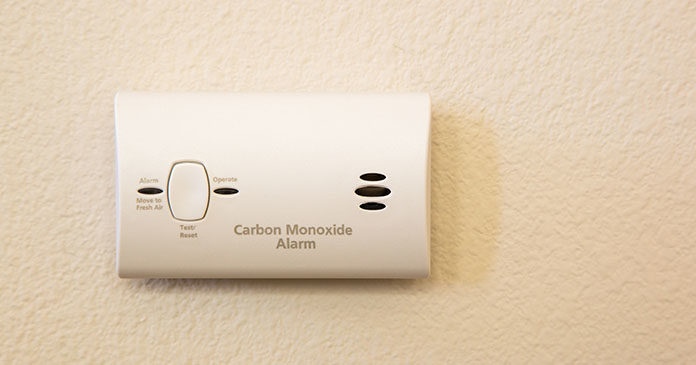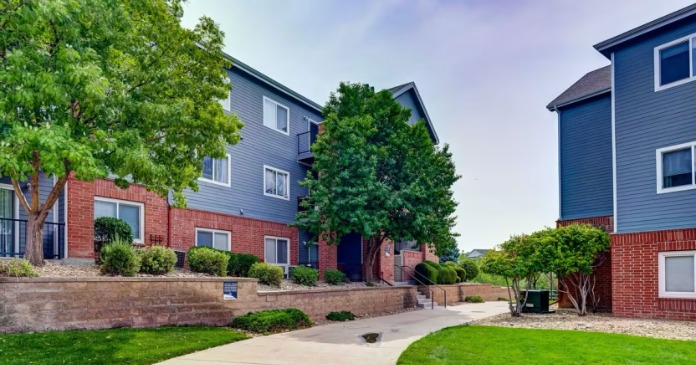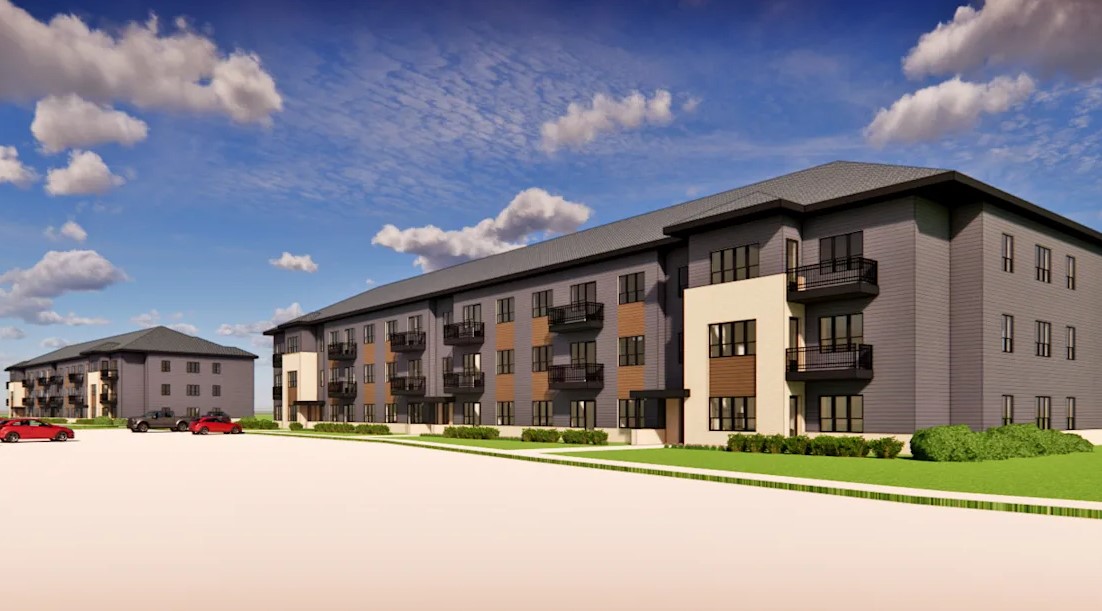In an effort to protect families living in federally subsidized housing from potentially deadly carbon monoxide (CO), the U.S. Department of Housing and Urban Development (HUD) today sent all public housing authorities and private owners of HUD-subsidized housing a notice to remind and encourage them to install working CO detectors in their properties. Read HUD’s notice.
HUD’s notice reminds HUD-subsidized housing providers of their legal obligation to install working carbon monoxide detectors in those jurisdictions where these devices are required. In those states and local communities where CO detectors are not required, the Department is strongly encouraging housing authorities and owners to install them. Additionally, HUD indicated that it will propose new regulations to require working CO detectors in all HUD-subsidized housing programs nationwide.
“A simple, inexpensive, widely available device can be the difference between life and death,” said HUD Secretary Ben Carson. “Given the unevenness of state and local law, we intend to make certain that CO detectors are required in all our housing programs, just as we require smoke detectors, no matter where our HUD-assisted families live.”
Carbon monoxide is a byproduct of fuel-fired combustion appliances such as furnaces and water heaters. If not properly vented, this undetectable gas can be dangerous and even deadly. Last month, HUD’s Real Estate Assessment Center (REAC) issued a notice to all HUD and HUD-contracted inspectors requiring them to collect data to determine the prevalence of CO detection systems in HUD-assisted properties subject to its Uniform Physical Condition Standards.
HUD’s notice issued today covers the following programs:
- Public Housing
- Section 8 Project-Based Rental Assistance
- Housing Choice Voucher (tenant-based or project-based),
- Section 202 (Supportive Housing for the Elderly), and
- Section 811 (Supportive Housing for Persons with Disabilities).
In those states where CO detectors are required, HUD is reminding owners, managers and agents of these housing programs to make certain they have working CO detectors in all their housing units/buildings. In those states where CO detectors are not required under state/local law, HUD is strongly encouraging these housing providers to install them.
HUD anticipates issuing further guidance and instructions on this important public health issue. In addition, HUD will undertake rule-making for the Housing Choice Voucher, Multifamily and Public Housing Programs to add a requirement for functioning carbon monoxide detectors in units with fuel-fired/burning appliance(s), and/or an attached garage.











